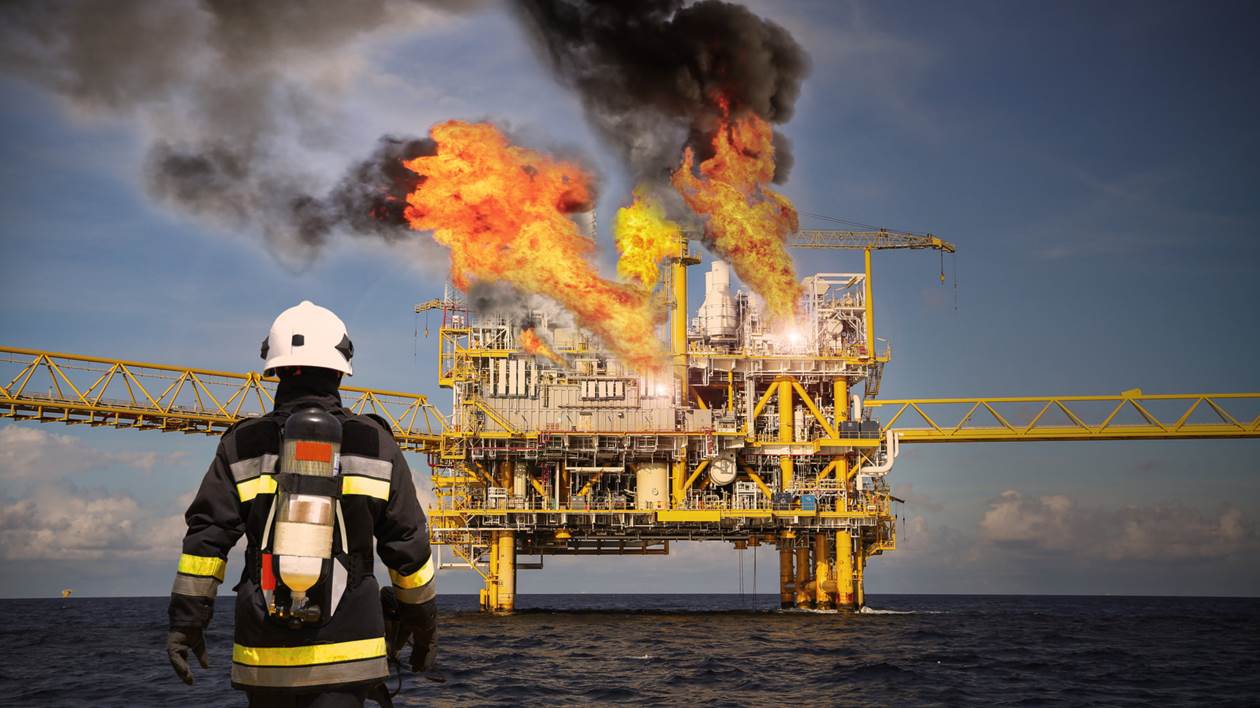All-hazards, inter-agency incident management for managing temporary incidents of any size has been an ever-growing topic in the petroleum industry's emergency preparedness environment since 2015. Equinor then carried out a major training project in connection with the establishment of its Global Incident Management Assist Team (GIMAT). Several of ResQ's personnel were allowed to participate in this training course together with representatives from NOFO and other operating companies, as Equinor was concerned that this expertise should be shared with its partners in emergency preparedness.
Incident management is a standardized approach to command, control, and coordination of emergency response. The purpose is to establish a system that offers a standardized management of emergency preparedness at all levels from strategic management to fieldwork in all types of incidents. The system underpins coordination and interaction between different organizations and jurisdictions by providing a common process for performance management, planning, and resource management. The system also supports the integration of facilities, equipment, personnel, procedures, and communications by establishing a unified organizational structure.
The Incident Command System (ICS) is a system developed by U.S. emergency services for use in all-hazards situations in the context of national preparedness. Incident Management System (IMS) is an IPIECA standard where ICS is adapted to the petroleum industry. Unified Management System (ELS in Norwegian) is also an adaptation of ICS, in this case for Norwegian emergency services. AKL is a Norwegian acronym for incident management and is used to describe company-specific adaptations of the incident management philosophy, such as the procedure developed by Aker BP. ICS, IMS, ELS, and AKL are all specific instructions that define the standards that an incident management staff should work by, yet they are all based on the same organizational philosophy and thus there are more similarities than differences between these systems.
ResQ has collaborated with several companies on incident management training since participated in Equinor’s ICS training program in 2015. The work has varied according to the company's needs, ranging from planning major exercises, scenario development, presence at exercises as an observer, playing staff services, and support with collection and evaluation of learning points afterwards. In addition, ResQ has both held lectures on incident management and conducted several types of courses in connection with ICS, IMS, and AKL. In other cases, ResQ has been able to provide general advice on the development of incident management competency and planning. These companies have included Aker BP, ConocoPhillips, Vår Energi, Total, Suncor, Repsol and Lundin.
Personnel from ResQ have also worked closely with F24 to develop a module in CIM that supports both ICS and AKL incident management, a project that has resulted in a well-functioning beta version that is still in development.
This experience has also enabled ResQ to provide operational support to personnel in the event of real-world incidents. Both in the form of identifying ResQ's on-duty emergency response teams as assets that can be incorporated into an incident management staff, and that specific personnel from ResQ can be lent to companies that need help filling individual roles in their organization.
Since this form of incident management is primarily intended to handle incidents of a certain complexity and longevity in Norway, it entails a scope of response that extends the resources of even the largest Norwegian operating companies. Therefore, it is precisely this type of interaction that ResQ can support that enables the industry to deal with major accidents that can affect an entire industry at the national and international level – major accidents corresponding to the Deepwater Horizon disaster in the Gulf of Mexico.
